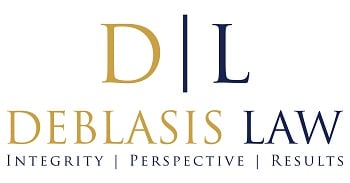Debt collection is an integral part of the credit system. It encourages people to pay their debts and keeps the economy running smoothly. However, there are rules that debt collectors must follow when collecting a debt, including not harassing people to get them to repay.
So when do you cross the line between collecting on a debt and harassment?
The Fair Debt Collection Practices Act (FDCPA)
People are protected under the Fair Debt Collection Practices Act (FDCPA). The FDCPA applies to debt collectors trying to collect personal, family, or household debts, such as credit card bills, car loans, medical expenses, and mortgage payments.
The FDCPA also applies to debt collectors hired by creditors to collect debts. The FDCPA prohibits debt collectors from using abusive, unfair, or deceptive practices when collecting debts.
First and foremost, debt collectors must respect the debtor’s rights. This includes refraining from contacting the debtor outside of normal business hours, making excessive or harassing phone calls, or using abusive language. They also must provide the debtor with written notice of the debt, including the amount owed and the original creditor’s name. If the debtor requests it, the collector must provide proof of the debt.
Debt collectors also cannot make false statements about the amount of the debt or the consequences of not paying the debt. In addition, debt collectors cannot contact consumers at unreasonable times or places, such as early in the morning or late at night.
If a debtor sues you for violating the Fair Debt Collection Practices Act, you will want to discuss your case with someone who understands federal law regarding debt collection. They will review your case to see if the debtor has a valid claim. They can then work with you to settle the claim or have the charges dismissed.
